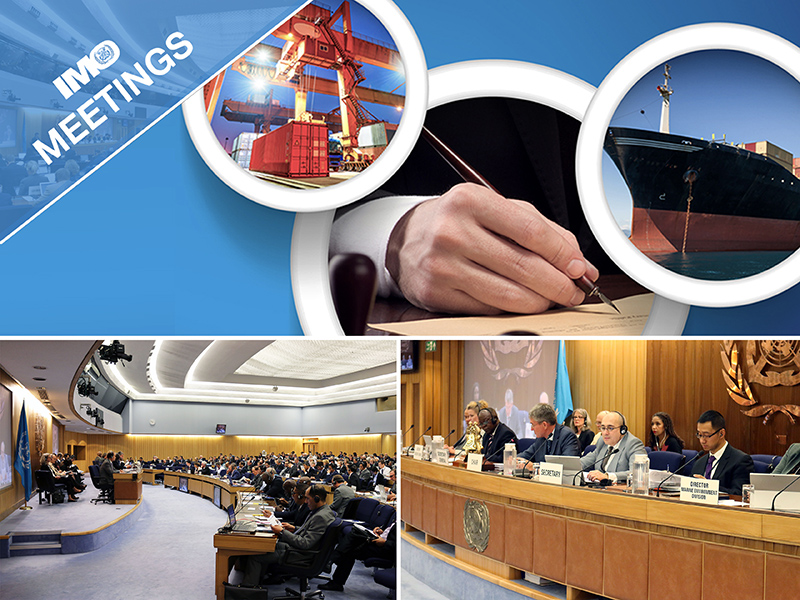Once technical standards have been developed by IMO and adopted into national laws, the next step is implementation on board ships. This is the role of both flag States, who issue surveys and certificates, as well as port States, who can inspect all ships in their ports. The Sub-Committee on Implementation of IMO Instruments, meeting this week for its fourth session (III 4, 25-29 September) provides a forum where all matters relating to implementation are discussed.
This week’s agenda includes the finalization of revised and updated Procedures for Port State Control, including updated guidelines on the certification of seafarers, hours of rest and manning. Preparations for the seventh IMO Workshop for PSC MoU/Agreement Secretaries and Database Managers, to be held in October, will be discussed. The expert casualty analysis that is a mainstay of the Sub-Committee will continue at this session, to review marine safety investigation reports and produce lessons learned from marine casualties.
The meeting will also look at joint work with the Food and Agriculture Organization (FAO) and other UN bodies, including the International Labour Organization (ILO) to combat illegal, unreported and unregulated (IUU) fishing. Other items on the busy agenda include: updating survey guidelines under the Harmonized System of Survey and Certification to incorporate aspects of the 2004 Ballast Water Management Convention, which entered into force recently; and work to begin reviewing the model agreement for authorization of recognized organizations which act on behalf of the Administration (for example, in carrying out surveys and issuing certificates), in line with the IMO Code for Recognized Organizations (RO Code).
The meeting was opened on behalf of IMO Secretary-General Kitack Lim by Assistant Secretary-General Lawrence Barchue. III 4 is being chaired by Rear-Admiral Jean-Luc Le Liboux (France). Click for photos.
